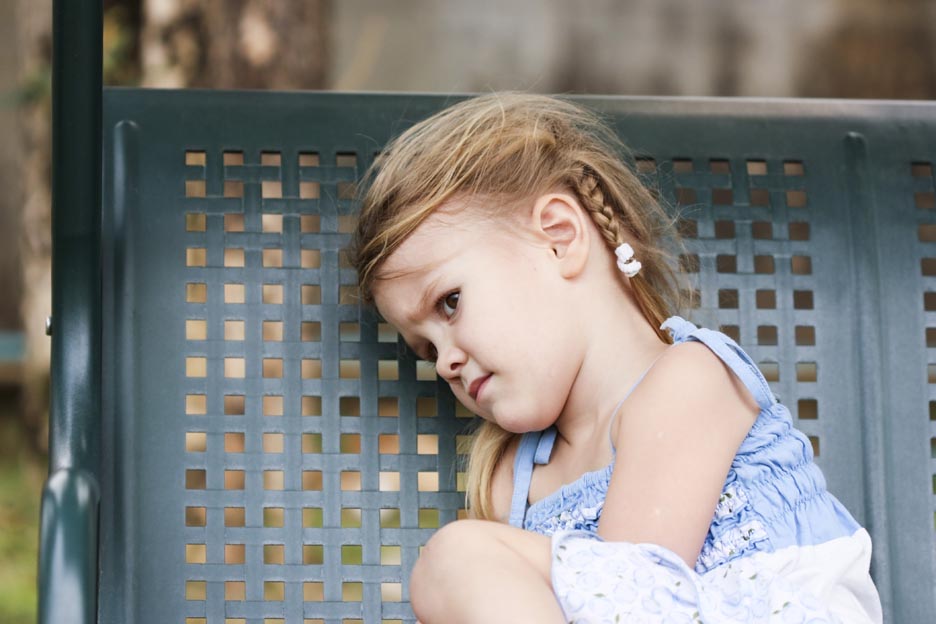We can all agree that diarrhea is a common situation, but one that is dreaded by most parents. Although it is more often caused by a mild ailment than a serious health problem, the fact remains that this condition is one we would prefer to flush out as quickly as possible.

What is diarrhea?
Diarrhea… the word alone can make us feel uncomfortable. Although the person suffering from it is undoubtedly less than joyful, there is no need to worry; in most cases, diarrhea is a minor condition. And following a few simple measures can quickly make diarrhea a thing of the past!
Diarrhea is defined as an increase in the frequency of stools or the appearance of watery or loose stools. Intestinal troubles are relatively frequent in children, and in general, diarrhea is mild and short-lived. There are multiple causes of diarrhea in children, such as the following:
- viral infection, such as gastroenteritis (the most common cause);
- food intolerance (for example: lactose, bovine protein, gluten, etc.);
- introduction of a new food;
- excessive intake of food or beverage (for example: sugary juice or drinks);
- side effects of medication, such as antibiotics;
- disease (especially intestinal).
How can I prevent diarrhea?
There are various ways to prevent diarrhea in children. For example:
- Washing hands often, especially before eating and after daycare or school.
- Avoiding contact with people infected with a virus, such as gastroenteritis.
- Avoiding food excesses; for example, restricting the amount of juice consumed in a day.
- Handling food safely when preparing meals.
- Avoiding drinking water if it may be unsafe.
- Taking antibiotics with food.
How can I avoid dehydration?
It bears repeating that diarrhea, as such, is not usually caused by a serious health problem. The most common and worrisome complication of diarrhea is dehydration, which can manifest itself through different signs and symptoms, including:
- decreased urine (less than 4 wet diapers in 24 hours or no urine for over 8 hours in potty-trained children);
- crying without tears;
- dry skin, mouth and tongue;
- changes in general demeanour (child is inactive or sleepy);
- sunken fontanel (the fontanel is the soft spot on babies’ head);
- dark circles under the eyes or sunken eyes;
- loss of skin’s elasticity.
It is important to adopt measures to prevent your child from becoming dehydrated.
To do so:
- Make sure your child is drinking normally.
- Give your baby or child a rehydration solution. Some are available in stores, but you can also make one at home. These solutions contain the exact proportion of salt and sugar needed to maintain a child hydrated in case of diarrhea. If you are considering giving your child a rehydration solution, seek the advice of your pharmacist, who will recommend the best one for the situation.
- If you are nursing your child, continue to do so. Offer the breast often if your baby seems to be drinking less milk. You can also give a rehydration solution between feedings.
- If your child is formula fed, you can alternate his or her usual milk with a rehydration solution. It is no longer advisable to remove milk from the child’s diet in cases of acute diarrhea, unless a doctor suggests otherwise.
- Keep an eye out for signs of dehydration (see above); if they do appear, see a doctor or go to the emergency room right away. When in doubt, see a health professional.
Dehydration is a serious consequence that can sometimes require hospitalisation. Babies and small children can get dehydrated more quickly than adults, so don’t take any chances.
What about food?
If your child has diarrhea, he or she will usually suffer from a loss of appetite. Don’t worry if the child eats less than usual. The important thing is that the child drinks enough, or that he or she is given a rehydration solution. Certain foods are better than others in case of diarrhea. For example:
- bananas and applesauce;
- fat-free broth and soup;
- crackers or sliced bread;
- white rice;
- boiled potatoes and cooked carrots;
- Jell-O.
The child can return to his or her usual diet as soon as symptoms seem to disappear, but make sure you control food quantities and avoid excesses. Bowel movements should become less frequent in the first 24 to 48 hours, but sometimes a delay of up to 7 to 10 days may be required for stools to return to normal.
How can I treat my child’s diarrhea?
When diarrhea affects a baby or small child, it is best to refrain from giving over-the-counter medication, unless it has been recommended by a health professional, such as a doctor or pharmacist. Although it is possible that a health professional may suggest using a specific product, note that not every medication is suitable for children.
If you are considering using medication, its dose will most likely be determined according to the child’s weight or age. Follow the instructions given by your health professional very closely.
When should I see a doctor?
You may want to see a doctor in the following cases:
- if diarrhea persists for over 48 hours;
- if it is accompanied by high fever (38.5 °C or over);
- if there is blood in the stools or if the stools are black;
- if you notice signs of dehydration;
- if the child has other symptoms, such as vomiting or drowsiness;
- if the child’s general demeanour seems very different.
If your child is suffering from diarrhea, there really is no need to panic; you may be worrying for nothing. Tomorrow is another day! In the meantime, you can count of the availability and expertise of your pharmacist to help with your little one’s aches and pains. Diarrhea is no fun, that’s for sure. But when you can rely on the support of a knowledgeable health professional, it makes it much easier to stomach!